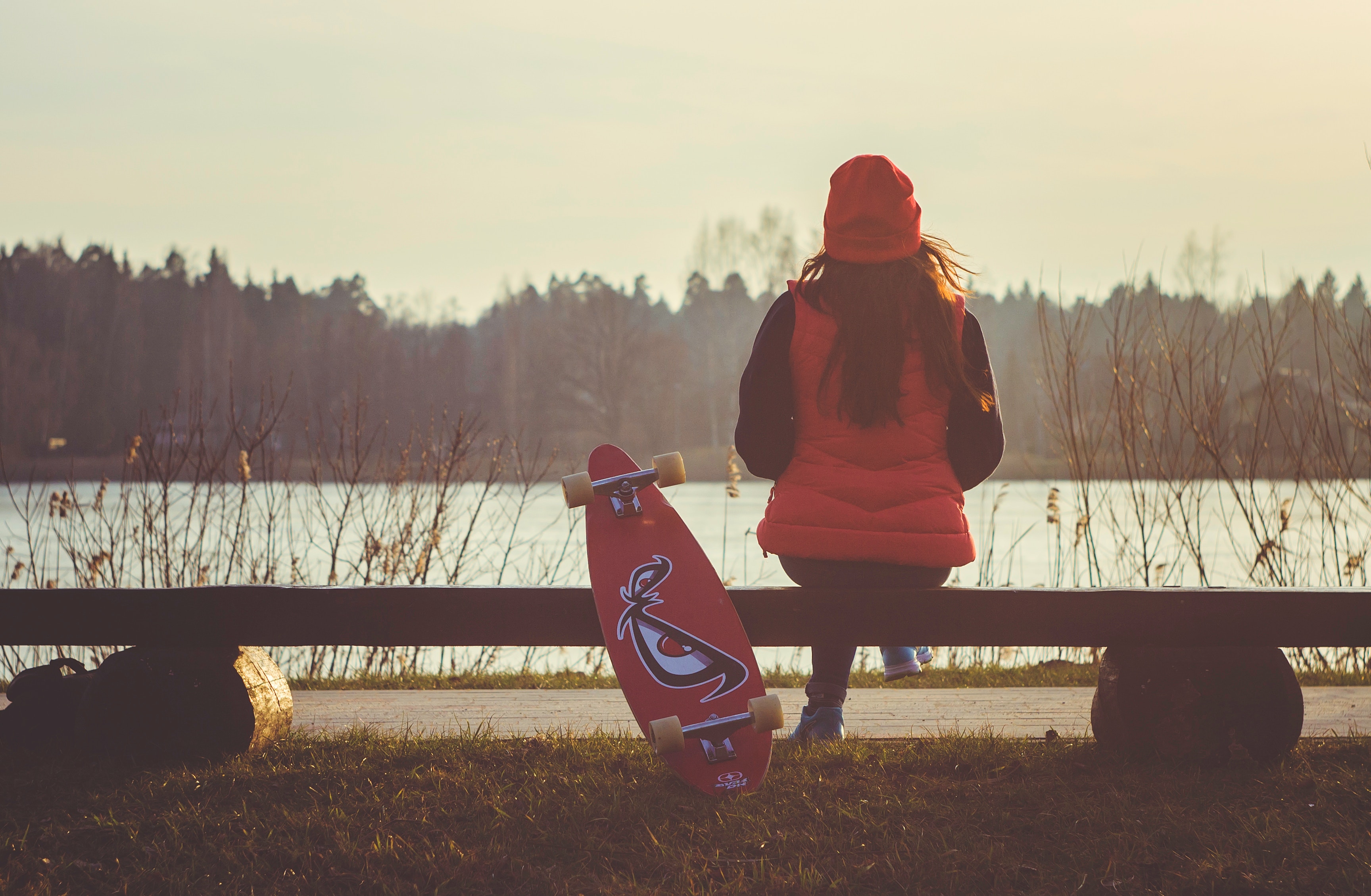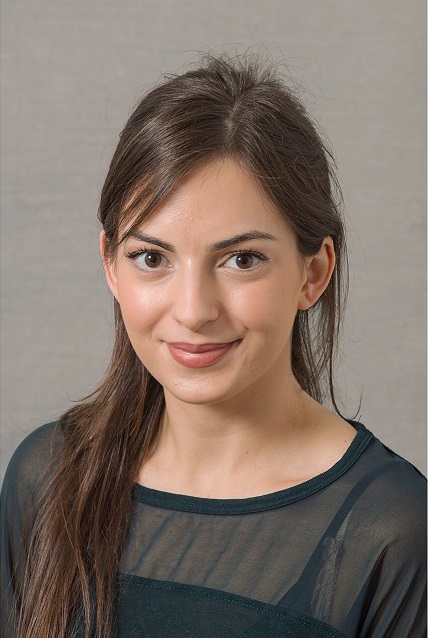Today is International Day of the Girl Child, which was declared by the United Nations in part to raise awareness of the issues faced by girls globally.
There are approximately 1.1 billion girls on earth. A large proportion of them won’t experience “childhood” as we understand it. An even greater number will experience some form of discrimination.
There are a number of practices that take place around the world, including in the UK, which disproportionately affect girls and violate their human rights. Here are just a few.
Female Genital Mutilation
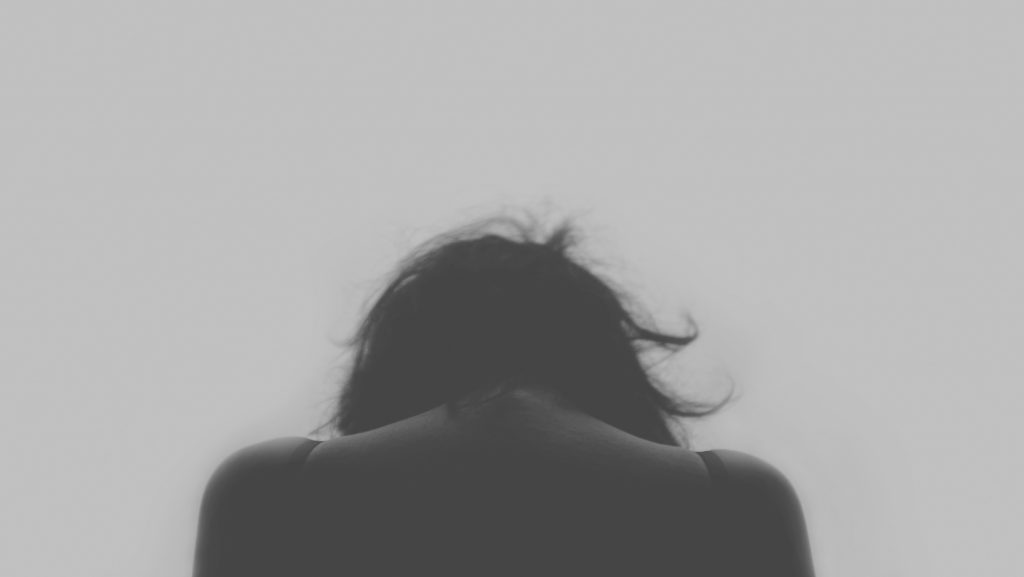
Image Credit: Volkan Olmez / Unsplash
Female genital mutilation (known as FGM) refers to a practice where some or all of the female genitals are cut, altered, or removed for a non-medical reason. It’s usually carried out on girls between infancy and the age of 15, without their consent and without anaesthetics. It can lead to long-term physical and mental health problems. It amounts to a breach of a number of human rights, including the right not to be subjected to inhuman and degrading treatment and the right to health.
Estimates suggest that FGM has been perpetrated on 140 million girls and women alive today. In England, the NHS attended to 9000 FGM cases last year. This may only be the tip of the iceberg in terms of its occurrence in the UK.
Forced Child Marriage
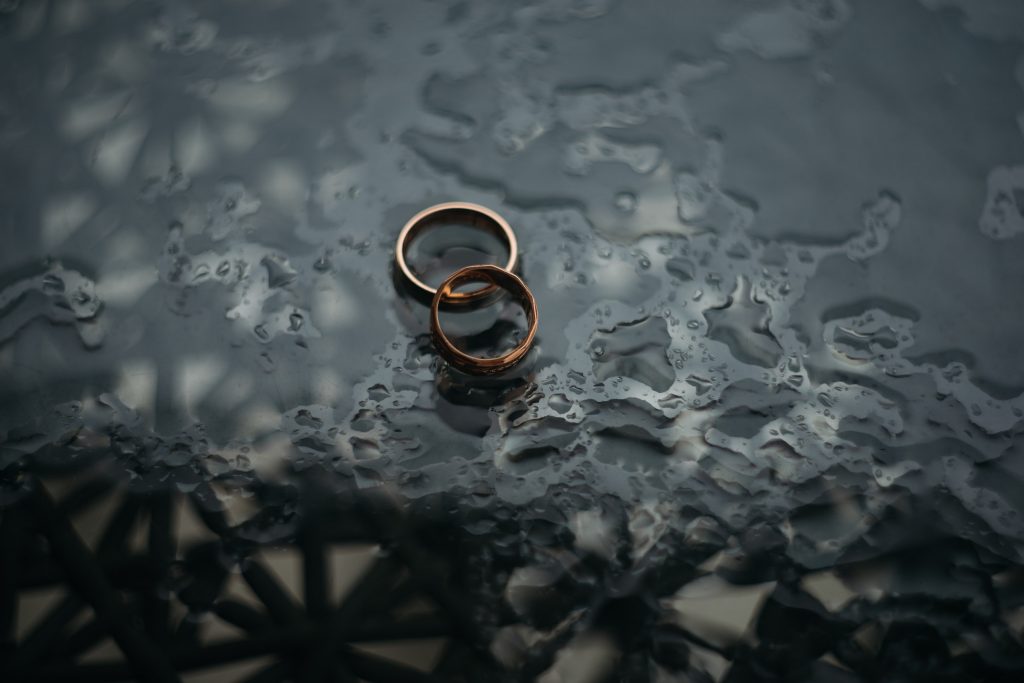
Image Credit: Zoriana Stakhniv / Unsplash
It’s estimated that 15 million girls a year are married before the age of 18, through a formal marriage or informal union. Some are as young as 8 or 9 years old. This happens around the world, including in the UK.
In 2016-17, the NSPCC reported a 12% increase in the number of counselling sessions given to children who fear that they’ll be forced to marry. Forced marriage is contrary to Article 16 of the Universal Declaration of Human Rights, which states that “marriage shall be entered into only with the free and full consent of the intending spouses”.
Within forced child marriages, girls are more likely to be subjected to domestic violence and abuse, violating their right not to be subject to inhumane and degrading treatment. Forced child marriage can also lead to early pregnancy, which affects their right to health and sometimes their right to life – up to 70,000 girls die in labour every year because their bodies aren’t ready for childbirth.
Girls in forced marriages are also less likely to continue going to school, so it compromises their enjoyment of the right to education. In some contexts, it can also be said to violate their right to be free from slavery.
Human Trafficking and Sexual Exploitation
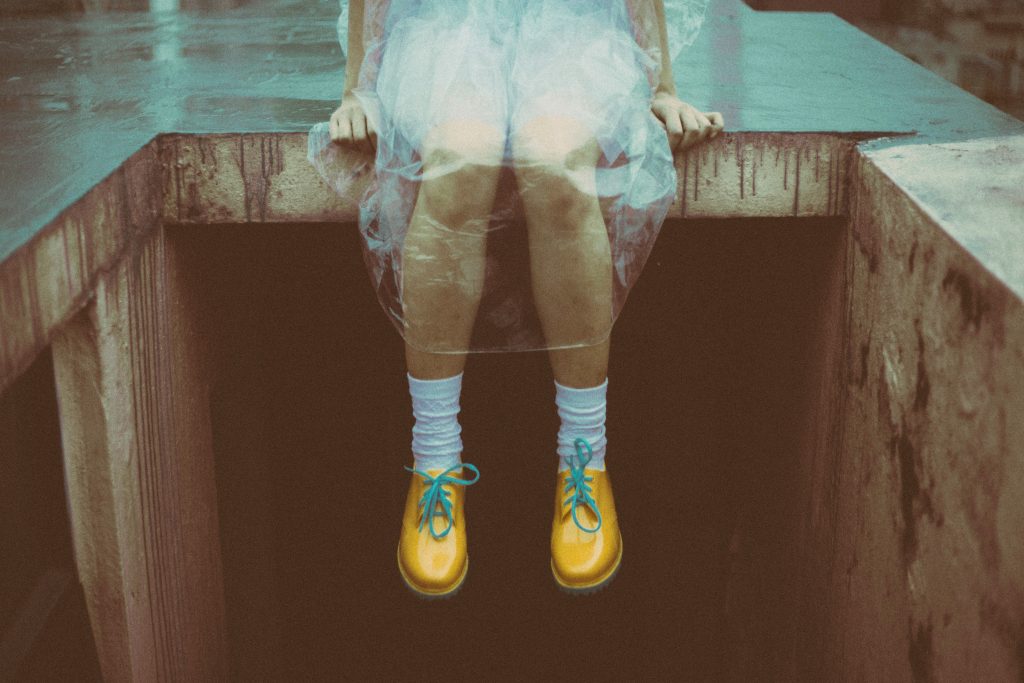
Image Credit: Larm Rmah/ Unsplash
Human trafficking takes different forms and serves a range of exploitative purposes. For young girls, it’s predominantly sexual exploitation, which accounts for an estimated 79% of all human trafficking. In the UK, the number of cases where potential child victims of human trafficking are identified has increased, from 732 in 2015 to to 1278 in 2016. The hidden nature of the crime means that there may be even more cases that go unreported.
Not all victims of sexual exploitation have been trafficked; in recent years, a number of high profile grooming gangs and child sex abuse rings have been exposed in the UK. In North East England alone, more than 700 women and girls have been identified as potential victims of sexual exploitation. Sexual exploitation can infringe upon a number of human rights, including the right not to be subjected to inhuman or degrading treatment and, in some cases, the right to be free from slavery.
The Importance of Empowerment
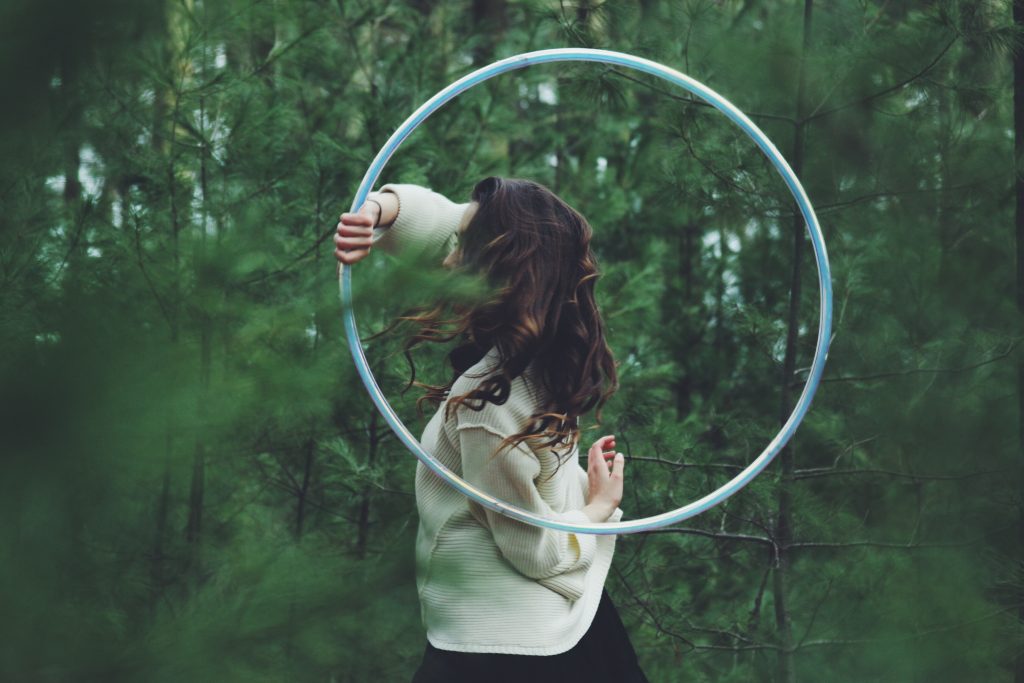
Image Credit: Timothy Paul Smith / Unsplash
Often these abuses have a spiralling effect, with consequences that extend far beyond the acts themselves. For example, they can lead to girls dropping out of the education system and falling further into poverty. They have negative implications not only for women and girls, but for society as a whole.
It’s essential that all of these abuses are prohibited in criminal law, and that this law is properly enforced and victims are supported. In fact, the State has a positive duty to protect people from abuse and ensure that those responsible are prosecuted.
Although there’s growing awareness of these duties and increased action from governments, these human rights abuses aren’t, of course, simply isolated occurrences. Rather, they’re a product of the discrimination and gender inequality that exists within society. The solutions we find should not only ensure that perpetrators are prosecuted and girls are protected, but also aim to empower girls and eradicate sexism in all spheres of life.

